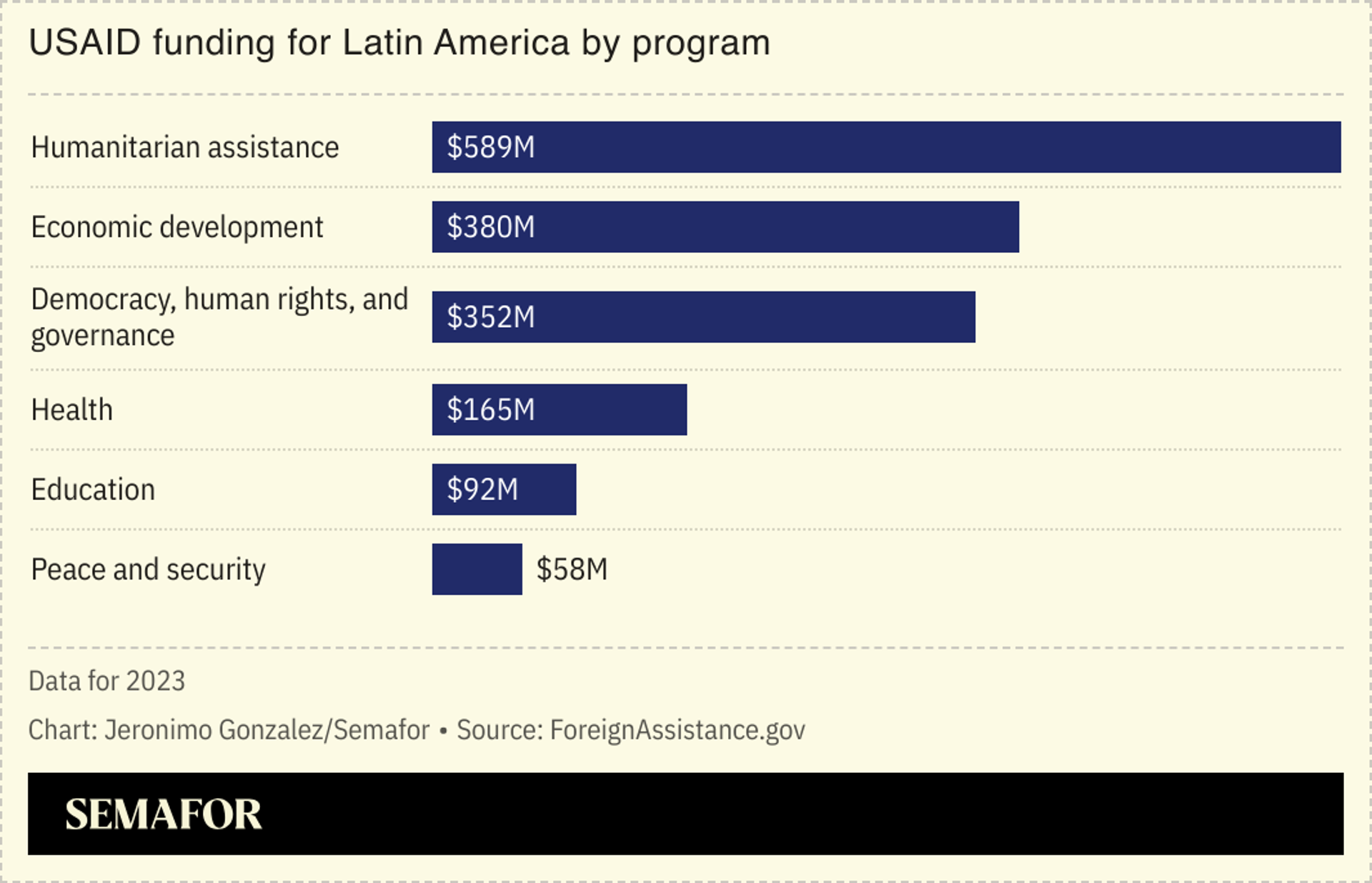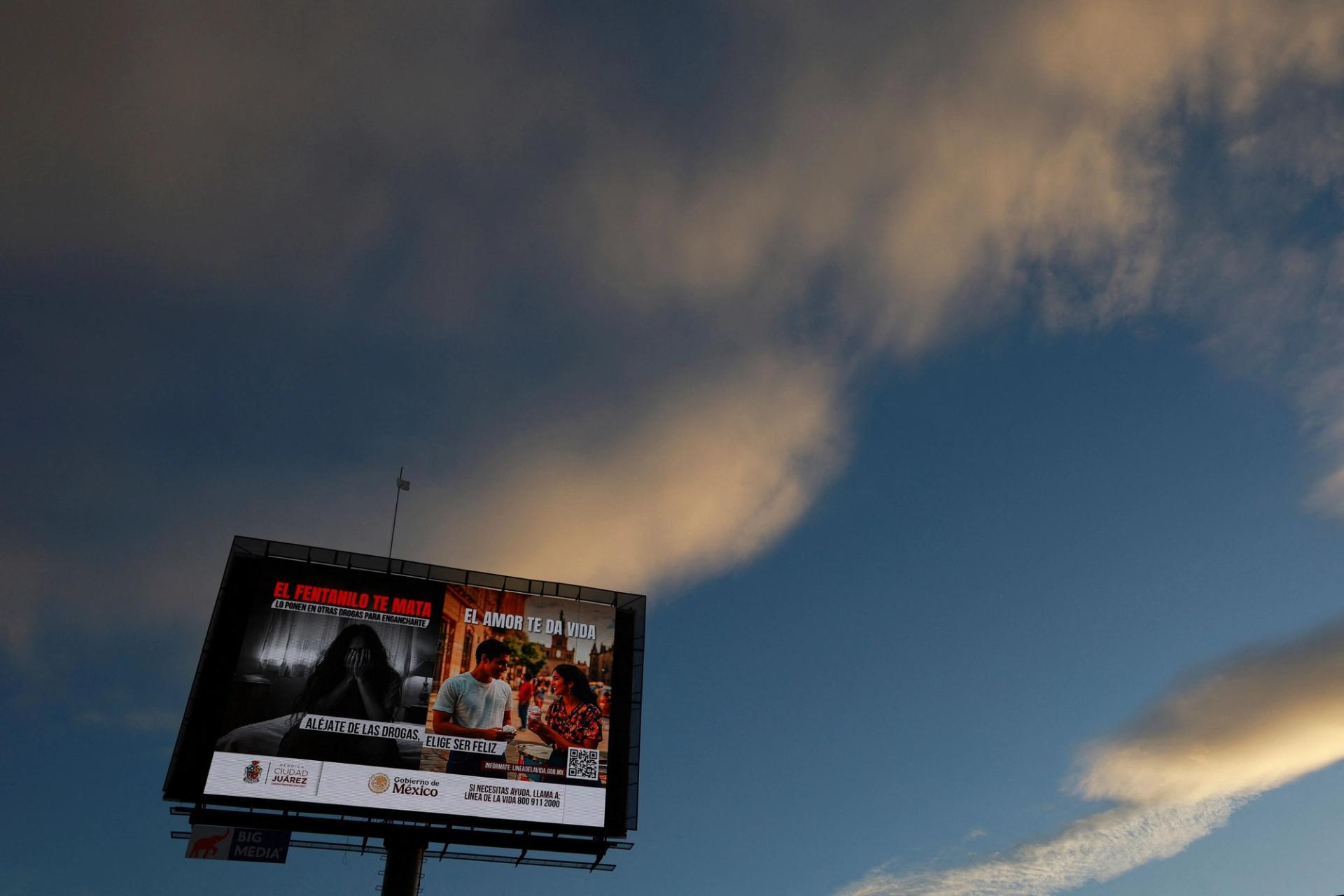The News
US President Donald Trump’s foreign aid freeze is having unintended consequences in Latin America, including halting programs aimed at curbing the flow of fentanyl and migrantion.
Trump has vowed to impose tariffs unless Mexico acts to stop the trafficking of the synthetic opioid fentanyl, a major cause of adult deaths in the US, but the aid freeze has halted funding that the Mexican government relies on to destroy clandestine labs and disrupt supply chains, Reuters reported.
“By pausing this assistance, the United States undercuts its own ability to manage a crisis affecting millions of Americans,” a former director of the Office for Foreign Assistance at the State Department said.

SIGNALS
Trump’s foreign aid cuts could backfire on migration
Trump’s cuts have dealt a blow to humanitarian programs for migrants, opening the door for more exploitation and abuse by organized criminals, an International Crisis Group expert told the Associated Press. Trump’s halting of programs like those that help Venezuelan refugees get job training and support to stay in Colombia could have the opposite effect he intends by actually “increasing the probability that migration [to the US] will continue and even strengthen,” a former USAID staffer told The Guardian. Another told The New York Times that ending USAID’s funding for programs that helped communities become more resilient to climate change, makes migration “the only viable way” for people to cope with the consequences of extreme weather events.
Mexico’s crackdown on fentanyl is unlikely to solve trafficking problem
Mexico agreed to send National Guard troops to the border to stop the flow of fentanyl in exchange for Trump suspending tariffs, but it will likely be ineffective in thwarting the opioid’s transport to the US, The New York Times reported. Cartels are well-resourced, and taking them down won’t change the underlying problem of high demand for fentanyl in the US, a security analyst told the Times. Drug traffickers have also built product losses and organizational disruptions into their business models, so “the drug war theater of arrests and interdiction doesn’t mean traffickers aren’t supplying the market,” experts from advocacy group, Washington Office on Latin America argued.

